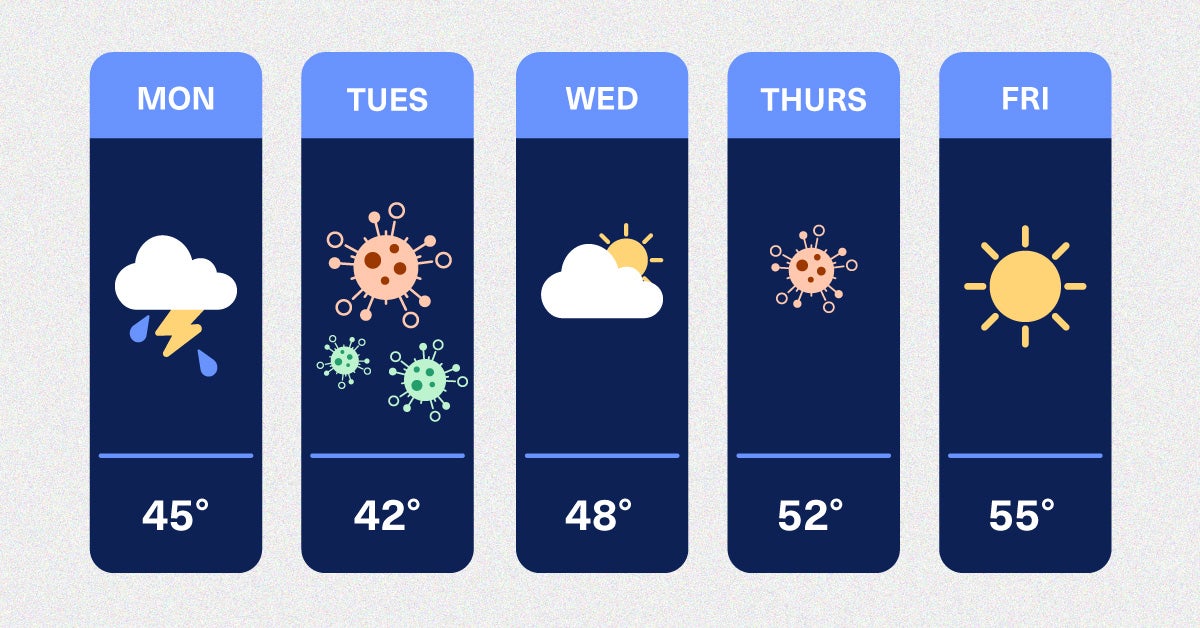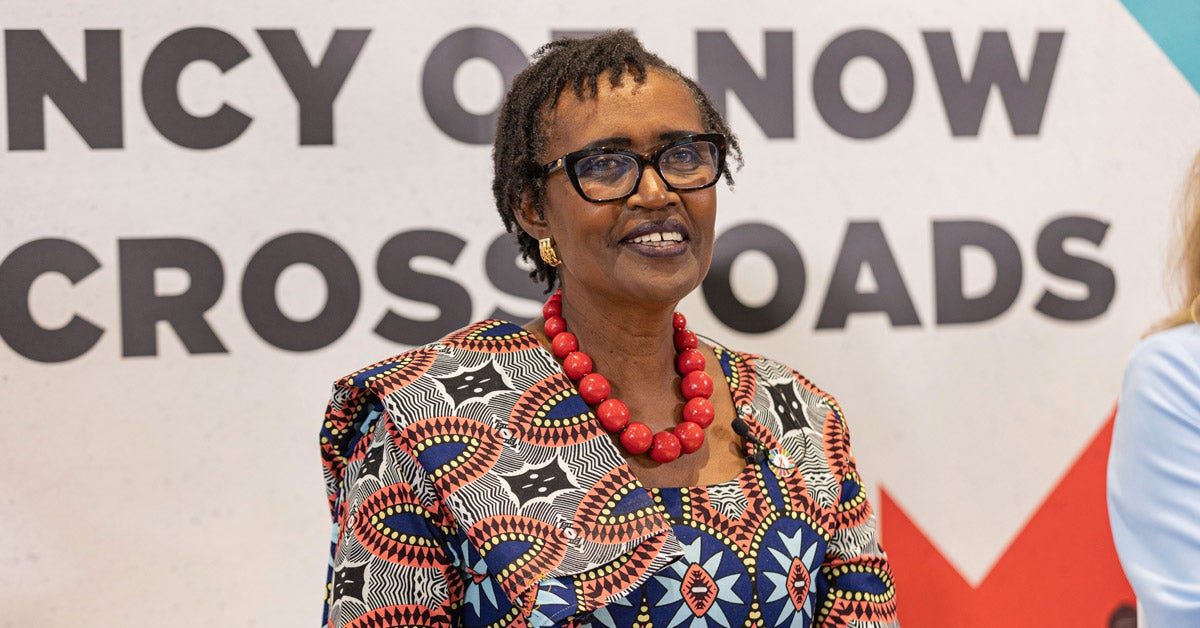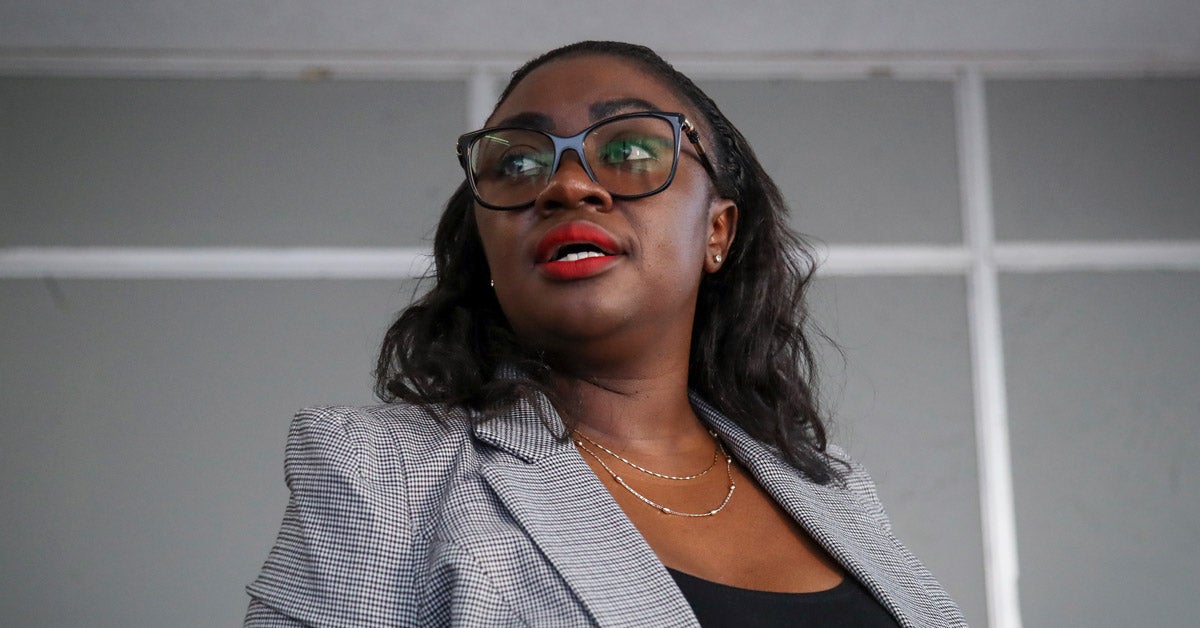Newsletter
HPH Weekly: A National Weather Service for disease?
This edition of Harvard Public Health Weekly was sent to our subscribers on December 5, 2024. If you don’t already receive the newsletter, subscribe here. To see more past newsletters, visit our archives.

A National Weather Service for disease?
Many U.S. hospitals struggled to predict demand during the COVID-19 pandemic, leading to serious financial consequences. Policy experts blamed the CDC’s ad hoc approach, lambasted by Foreign Affairs as “an arbitrary assortment of academics” making snap decisions. The CDC is determined not to make that mistake again—and that’s where Insight Net comes in. It’s a nationwide network linking academic disease modelers with public health practitioners.

What’s working in the countries on track to help end AIDS
Nearly 20 countries have either met or are on track to meet an ambitious set of goals meant to help end AIDS by 2030. Despite challenges like stigma and barriers to access, successes in Botswana, Cambodia, Malawi, and Zambia could provide a roadmap for the rest of the world.

Battling period poverty in Kenya
Kenyan Senator Gloria Orwoba’s fight against period poverty in Kenya helped triple the country’s budget for sanitary pads in schools and prisons, but her plans to destigmatize menstruation didn’t end there. She also oversaw the creation of a “bank” for pad donations—and she has big plans for Africa’s first “menstruation museum.”

To meet demand, blood donation should not rely solely on volunteers
Blood shortages in low-income countries lead to preventable deaths. Incentivizing blood donations is one way to increase the supply, but it’s controversial. Jlateh Vincent Jappah and Ruoying Tao are studying which incentives are the most effective. They argue the demand is too great to eschew any opportunity to increase donations.
Snapshot: Conserving reefs for nutrition
Marine protected areas in the oceans conserve coral reefs, which are home to diverse and robust fisheries that feed thousands of coastal communities around the world. The reefs have also been damaged by pollution, overfishing, and climate change.
What we’re reading this week
Who gets obesity drugs covered by insurance? In North Carolina, it helps if you’re on Medicaid. →
KFF Health News
How to take climate change out of the culture wars →
Grist
Many long COVID patients adjust to slim recovery odds →
Reuters
In ‘Radical Endurance,’ author Andrea Gilats looks clear-eyed at the mental health impact of aging →
MinnPost
Crafting a sustainable, African-led HIV response →
Devex
People in the U.S. experience period poverty, too. Read Allison Torres Burtka’s feature story from last year to learn more.
See you next week, dear readers!
—Jo Zhou
